My Favourite Painting: Andrew Ellis
Andrew Ellis, director of Art UK, chooses a painting by a young war artist who was killed in pursuit of his craft.
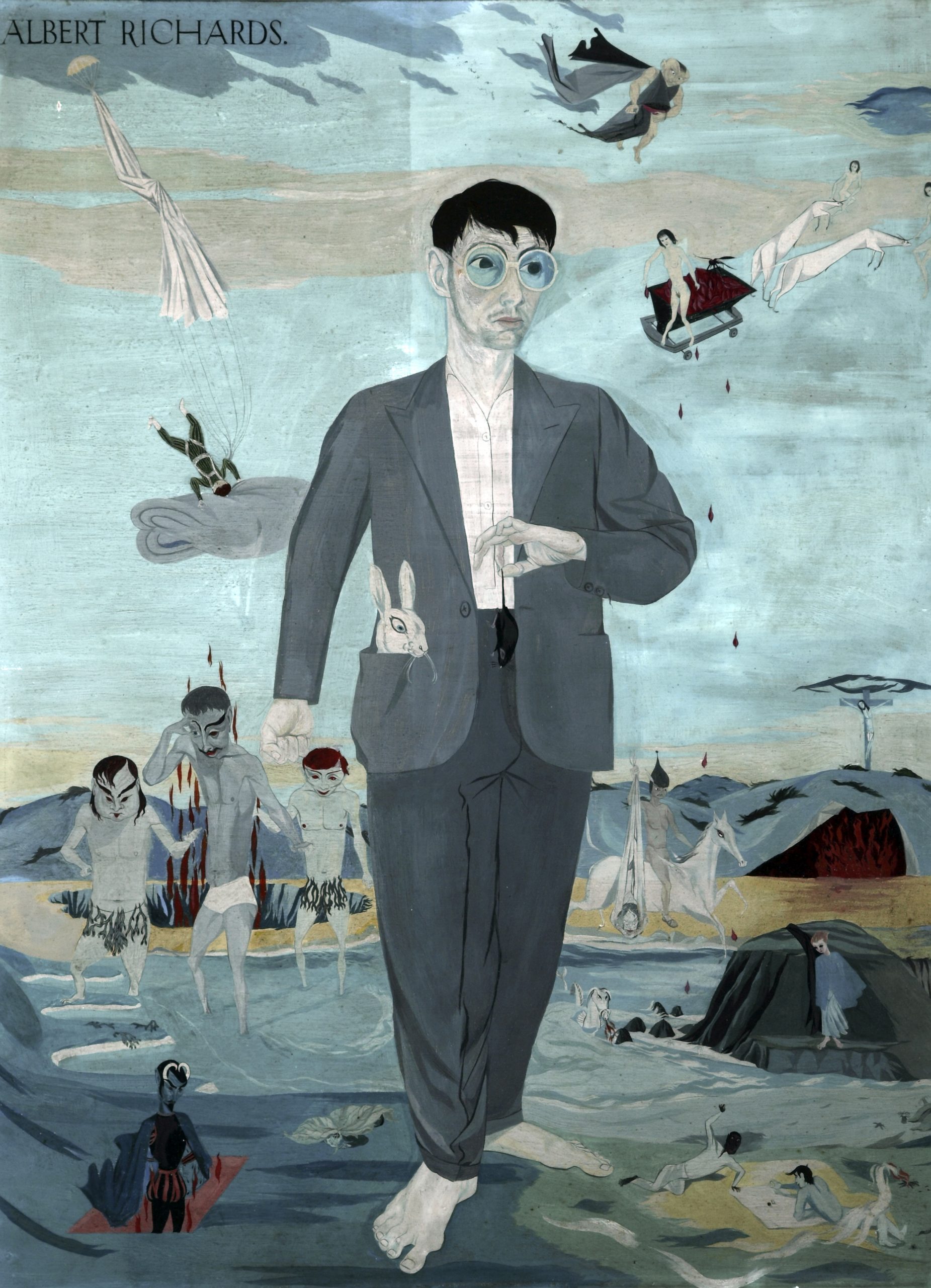

Andrew Ellis on The Seven Legends: Self Portrait by Albert Richards
I love portraits, particularly self-portraits. This one by Albert Richards holds me to the spot. Dated 1939, it depicts a young man, no more than 20 years old, at the outset of his life.
He looms large in the landscape. Vulnerable, but determined. Alone, but for his demons. Will the extra-large spectacles help him foresee his future? Will the white rabbit keep him out of trouble? Sadly not–Richards was killed in the last few months of the war, at only 25. Largely forgotten now, had he lived, I somehow think he would have achieved greatness.
John McEwen on Richards' life and career
Albert Richards was born in Liverpool, his father a wood machinist and First World War veteran. Having attended Wallasey School of Arts and Crafts — he ‘needed special treatment as he was always extremely sensitive,’ wrote the principal — he won a scholarship to London’s Royal College of Art.
His entry coincided with the Second World War and, after one term, he was conscripted into the Army. He enlisted as a sapper and became a paratrooper, but his ambition was to be an Official War Artist — finally achieved in December 1943, when a six-month commission resulted in official appointment and his promotion to honorary captain.
Richards parachuted into France on D-Day with the 6th Airborne Division. He documented the ensuing Allied advance and was killed by a landmine when driving in search of a subject in March 1945 — one of the three War Artists’ Advisory Committee artists to die in action.
This student self-portrait was done after he had seen a Surrealist exhibition at the Walker Art Gallery and the surreal sight of barrage balloons floating over Liverpool and London. The irrationality of dreams and the apprehension of war are everywhere evident, not least in the prophetic inclusion of a parachutist.
The picture was bought from Richards’s mother in 1974. ‘We remember you mentioned what the figures meant,’ wrote a curator, but she died before she could answer. Devils are visible, as is the Crucifixion; blood drips like falling bombs. Richards’s clenched fist signals resolve. The ancient Greek myth of Perseus on his winged horse coming to the rescue of Andromeda on her rock may have been triggered by Leighton’s masterpiece in the Walker’s collection.
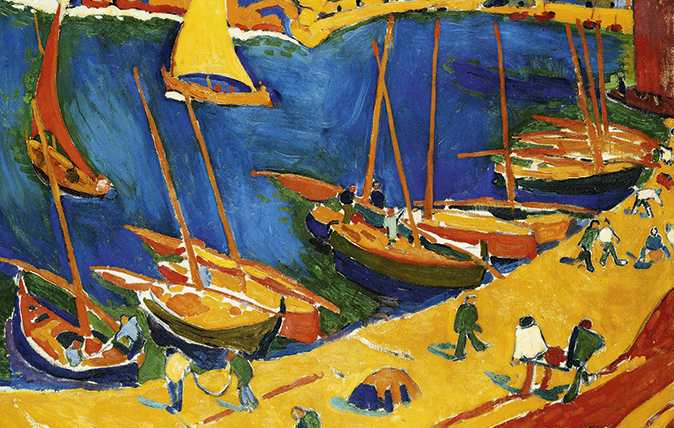
My favourite painting: Peter May
'Vividly coloured sailing boats in a harbour, which I gazed at for hours'
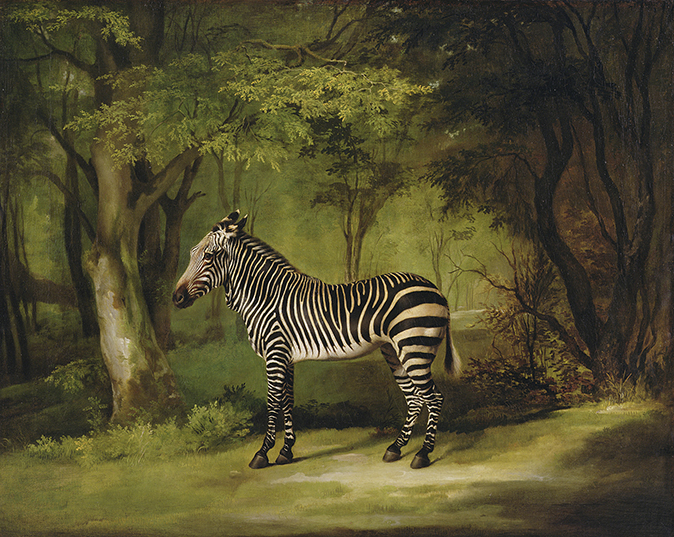
My favourite painting: Amy Meyers
'Stubbs’s portrayal is one of the subtlest and most poignant commentaries on the troubling displacements that were accruing from the
Sign up for the Country Life Newsletter
Exquisite houses, the beauty of Nature, and how to get the most from your life, straight to your inbox.
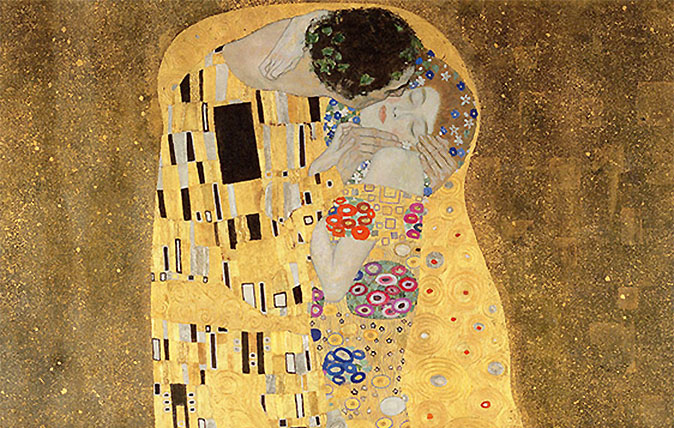
Credit: The Kiss - Gustav Klimt
My favourite painting: Danielle Steel
Danielle Steel, the world's top-selling fiction writer, admits that 'Klimt stole my heart' with this wonderful work.
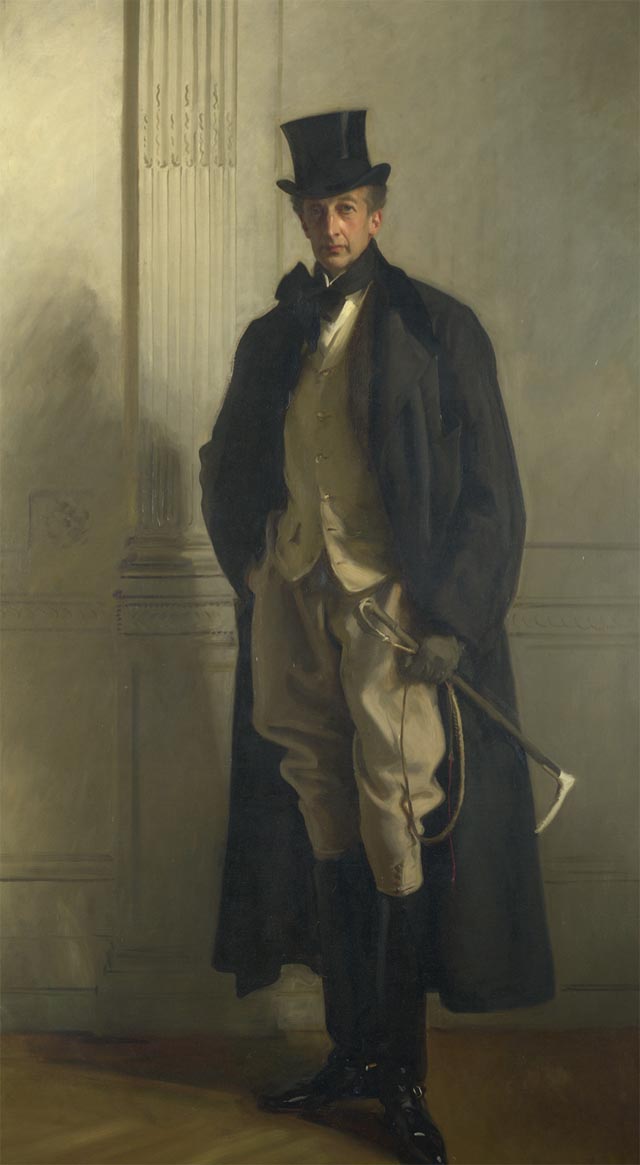
My favourite painting: David Starkey
David Starkey shares the one painting he would own, if he could
Country Life is unlike any other magazine: the only glossy weekly on the newsstand and the only magazine that has been guest-edited by HRH The King not once, but twice. It is a celebration of modern rural life and all its diverse joys and pleasures — that was first published in Queen Victoria's Diamond Jubilee year. Our eclectic mixture of witty and informative content — from the most up-to-date property news and commentary and a coveted glimpse inside some of the UK's best houses and gardens, to gardening, the arts and interior design, written by experts in their field — still cannot be found in print or online, anywhere else.
-
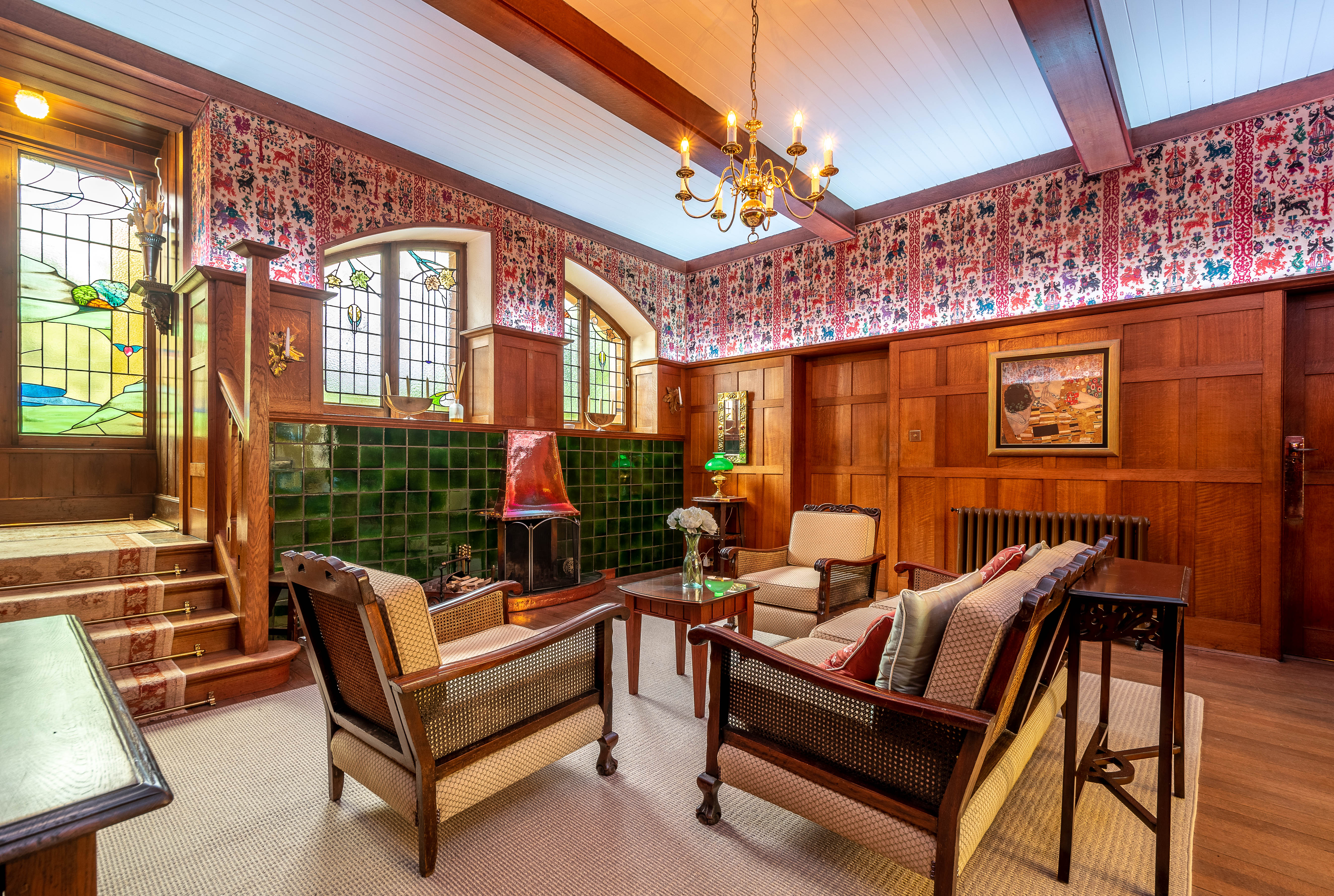 Seven of the UK’s best Arts and Crafts buildings — and you can stay in all of them
Seven of the UK’s best Arts and Crafts buildings — and you can stay in all of themThe Arts and Crafts movement was an international design trend with roots in the UK — and lots of buildings built and decorated in the style have since been turned into hotels.
By Ben West
-
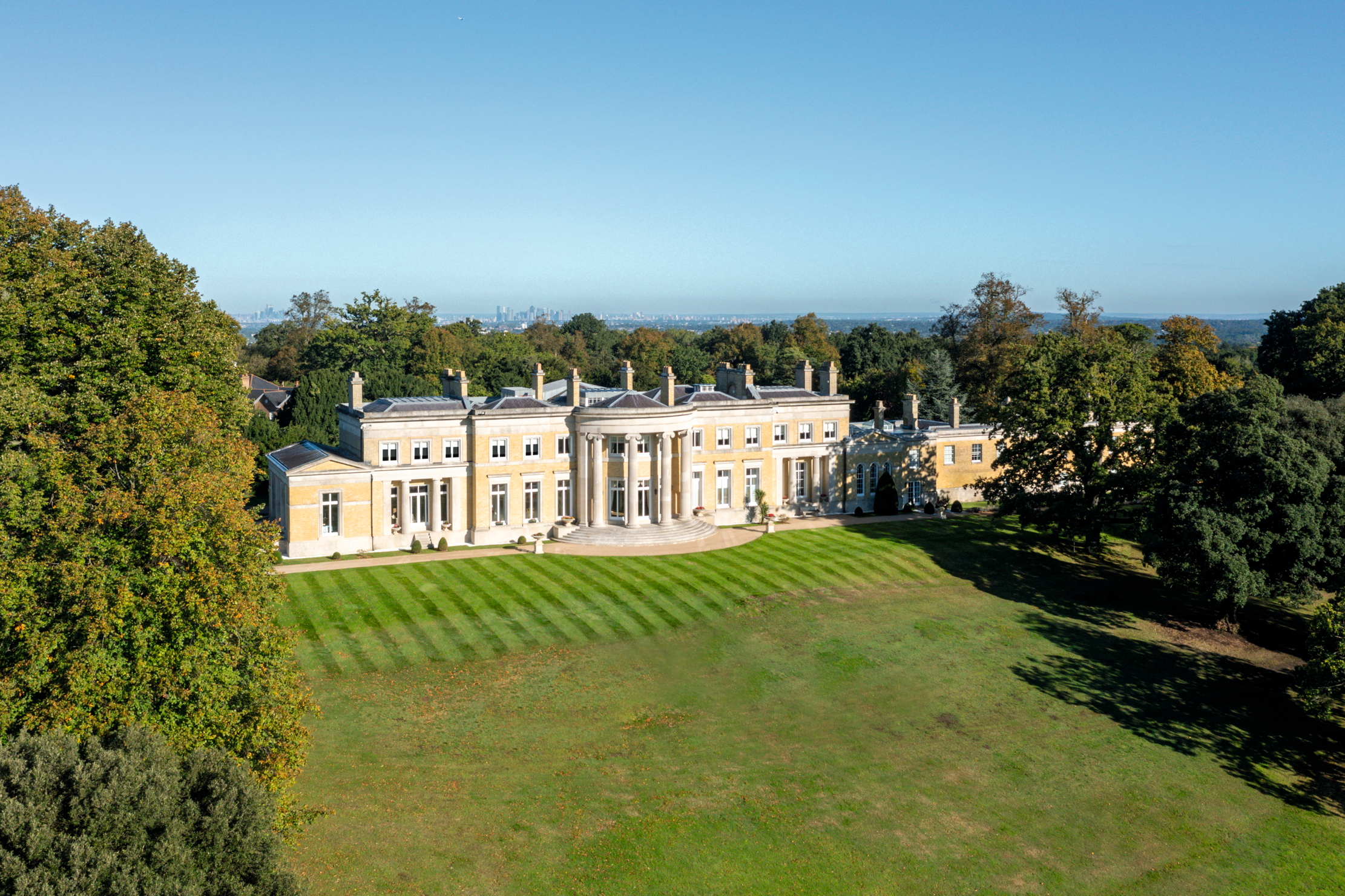 A Grecian masterpiece that might be one of the nation's finest homes comes up for sale in Kent
A Grecian masterpiece that might be one of the nation's finest homes comes up for sale in KentGrade I-listed Holwood House sits in 40 acres of private parkland just 15 miles from central London. It is spectacular.
By Penny Churchill